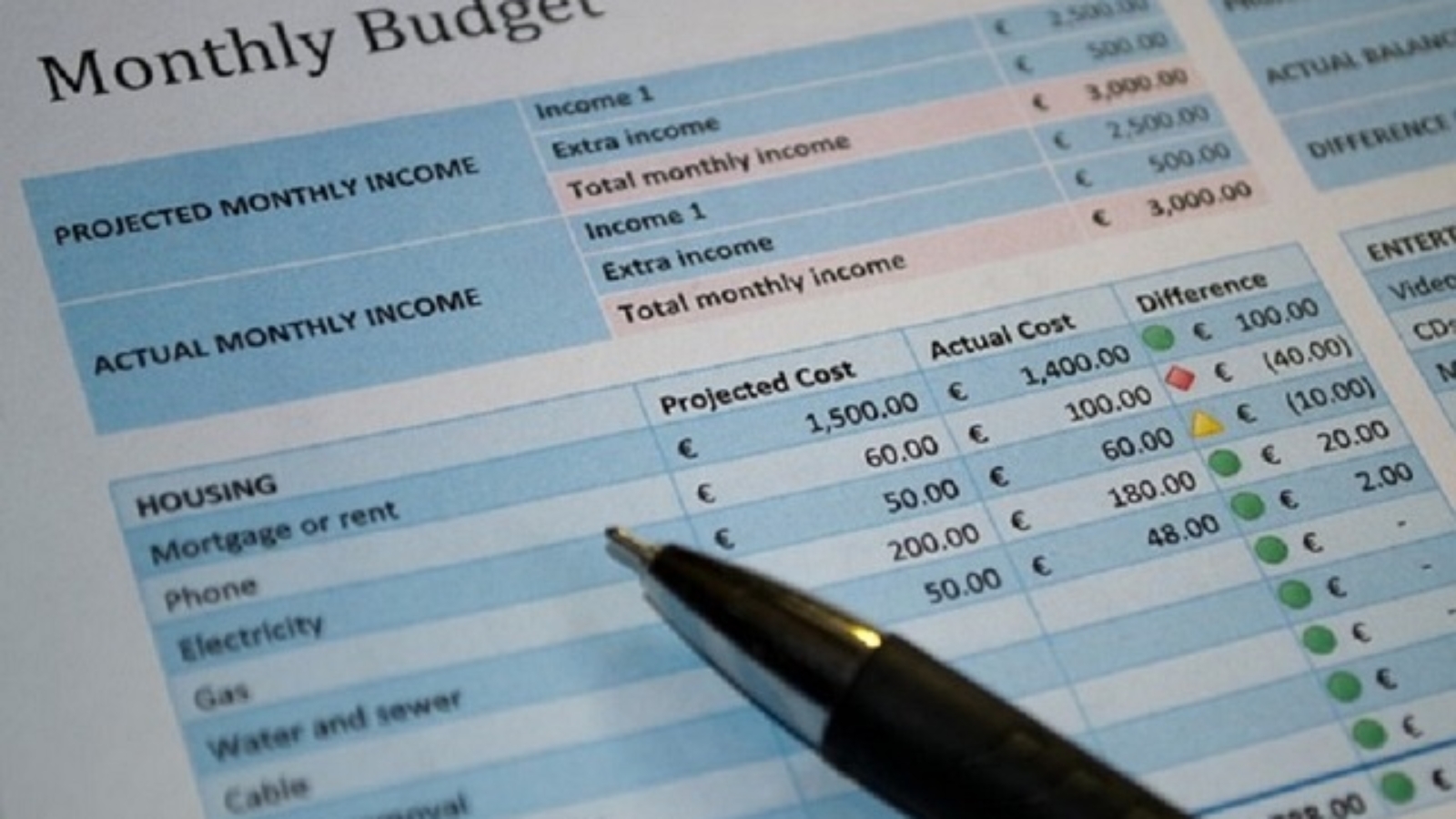Budgeting and forecasting are both financial planning processes used by organizations to manage their finances, but they serve different purposes and have distinct characteristics. Here’s the key difference between budgeting and forecasting:
BUDGETING
Purpose:
Budgeting is a forward-looking financial plan that sets specific targets and allocates resources for a defined period, typically for a fiscal year. Its primary purpose is to establish a plan for achieving financial goals and controlling expenses.
Scope:
Budgets cover various aspects of an organization’s finances, including revenue, expenses, capital expenditures, and cash flow. They provide a detailed plan for income and expenditures, often broken down into specific categories or departments.
Specificity:
Budgets are highly detailed and specific, often including precise figures for income and expenses, and are typically prepared annually. They serve as a benchmark against which actual financial performance is measured.
Fixed Plan:
Budgets are typically fixed and do not change during the budget period unless revised formally. Any significant deviations from the budget may trigger adjustments or corrective actions.
Control and Accountability:
Budgets are used to monitor and control spending and allocate resources efficiently. They hold individuals and departments accountable for adhering to the financial plan.
Past Data:
Budgets often rely on historical financial data and trends to make projections and set targets. They are less flexible and more focused on achieving specific financial goals.
FORECASTING
Purpose:
Forecasting is a process of making educated predictions about future financial performance based on historical data, market trends, and other relevant information. Its primary purpose is to provide insight into what is likely to happen in the future.
Scope:
Forecasts can cover a wide range of financial aspects, such as revenue, expenses, sales, and market trends. They can be short-term or long-term and are typically updated regularly to reflect changing circumstances.
Flexibility:
People can adjust forecasts more frequently than budgets as new information becomes available. They adapt to changing conditions and provide real-time insights.
Informal Plan:
Forecasts are not rigid plans but rather estimates or scenarios that help organizations anticipate potential outcomes. People often use them for strategic decision-making.
Strategic Insight:
Forecasts are valuable for strategic planning, helping organizations identify opportunities and risks. They intend to provide a range of possible outcomes and not to hold individuals or departments accountable.
Forward-Looking:
Forecasts rely on both historical data and assumptions about future trends and events. They design them to provide a range of potential outcomes rather than a specific target. In summary, a budget sets specific targets for revenue and expenses and controls and manages finances within a defined period. On the other hand, forecasting involves making educated predictions about future financial performance and is used for strategic planning and decision-making. Both budgeting and forecasting are essential tools for managing an organization’s financial health and achieving its goals.


I was reading through some of your posts on this site and I conceive this internet site is
very instructive! Retain posting.
Thanks for appreciation, stay connected for more contents and services we offer.